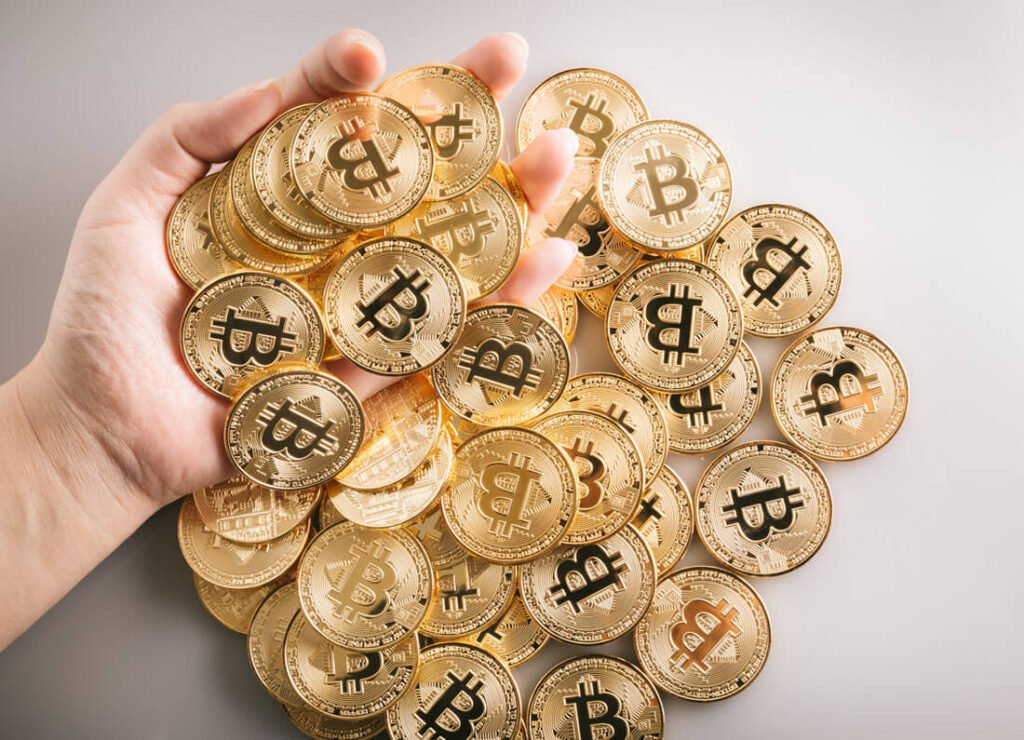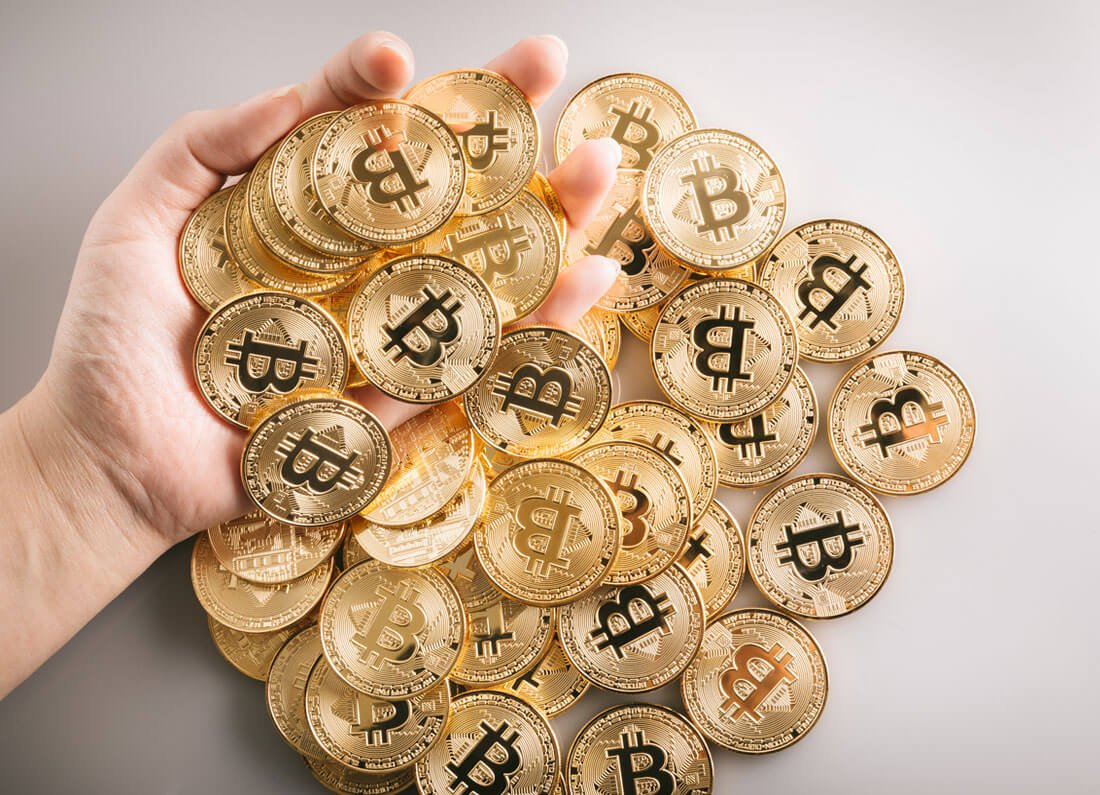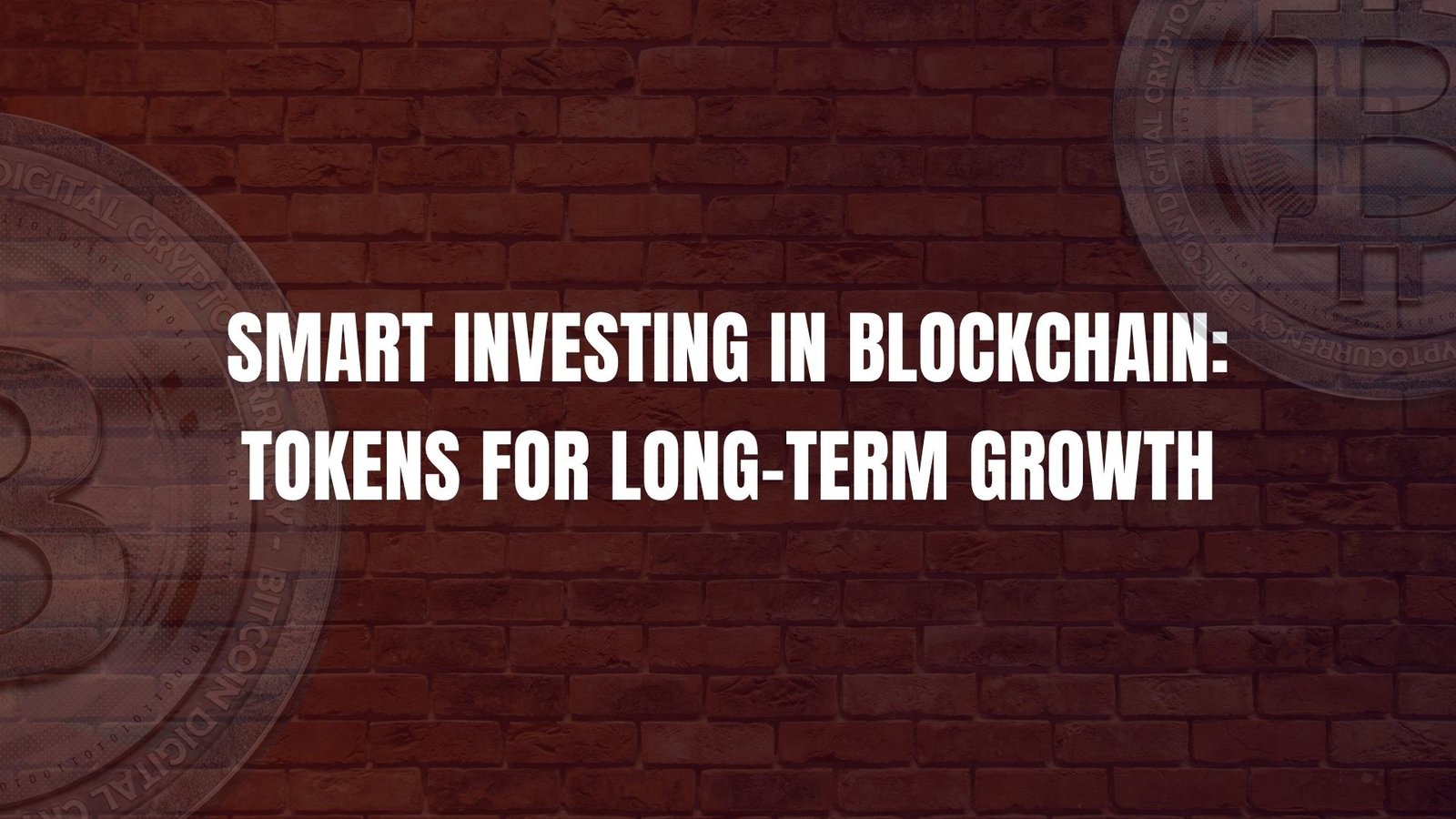Introduction
Bitcoin, often referred to as digital gold, is more than just a cryptocurrency. It’s a revolutionary invention that has the potential to reshape the global economy in a way that hasn’t been seen since the Internet. Just like the Internet changed how we communicate, do business, and access information, Bitcoin is transforming how we think about money, finance, and trust. But what makes Bitcoin stand out as the most important invention since the Internet? Let’s explore.
The Birth of Bitcoin
Bitcoin was introduced to the world in 2008 by a mysterious figure (or group) known as Satoshi Nakamoto. Nakamoto’s vision was clear: create a decentralized form of currency that doesn’t rely on traditional banking systems or governments. Bitcoin’s decentralized nature meant it could operate without a central authority, a stark contrast to fiat currencies controlled by central banks. Early adopters saw its potential, but like any groundbreaking technology, it faced many challenges. From skepticism to security issues, Bitcoin’s path wasn’t easy, but it survived and thrived.
The Technological Breakthrough of Bitcoin
At its core, Bitcoin is powered by blockchain technology, a distributed ledger that records all transactions across a network of computers. This ledger is immutable, meaning once a transaction is recorded, it cannot be altered, providing unprecedented security and transparency.
Decentralization is Bitcoin’s most significant breakthrough. Unlike traditional financial systems that are centralized (controlled by banks or governments), Bitcoin operates on a peer-to-peer network, allowing users to transact directly with one another. This reduces costs, eliminates middlemen, and makes the process faster and more efficient.
Bitcoin vs. Traditional Financial Systems
The traditional financial system relies heavily on intermediaries like banks to facilitate transactions. These intermediaries often come with high fees, long transaction times, and barriers for people in developing nations. Bitcoin, however, eliminates the need for intermediaries, enabling peer-to-peer transactions that are both faster and cheaper.
For example, international remittances, which often take days and come with hefty fees, can be completed in minutes with Bitcoin, and at a fraction of the cost. This is particularly important for people in countries with unstable currencies or limited access to banking services.
Bitcoin as Digital Gold
One of the reasons Bitcoin has gained traction is its comparison to gold. Like gold, Bitcoin has a limited supply—only 21 million Bitcoins will ever exist. This scarcity makes it an attractive store of value, particularly during times of economic uncertainty.
Many investors are now viewing Bitcoin as a safe haven, much like gold. As fiat currencies become more prone to inflation and devaluation, Bitcoin offers an alternative—a hedge against traditional financial systems that are prone to manipulation.

Bitcoin’s Role in Financial Inclusion
One of Bitcoin’s most revolutionary potentials lies in its ability to provide financial services to the unbanked. According to the World Bank, over 1.7 billion adults remain unbanked, meaning they have no access to traditional banking systems. With just a smartphone and an internet connection, anyone can access Bitcoin, offering them the ability to store, send, and receive money.
In developing nations, where access to financial services is limited, Bitcoin can play a transformative role in fostering economic inclusion. Cross-border payments, for instance, can be done seamlessly with Bitcoin, bypassing the need for traditional remittance services that charge high fees.
The Internet and Bitcoin: A Parallel Revolution
Much like the Internet revolutionized communication, Bitcoin is revolutionizing the concept of money. The Internet broke down barriers to information, allowing for instantaneous global communication. Bitcoin is doing the same for finance, creating a borderless currency that operates 24/7 and isn’t controlled by any one government or entity.
The global impact of Bitcoin is similar to that of the Internet—both are technologies that challenge traditional systems, democratizing access and putting power back in the hands of individuals.
The Challenges Bitcoin Faces
Bitcoin is not without its challenges. Regulatory hurdles remain one of the biggest obstacles. Governments around the world are still grappling with how to regulate Bitcoin and other cryptocurrencies. Some are embracing it, while others are taking a more cautious approach, concerned about its potential for illegal activities.
Additionally, Bitcoin’s volatility is often cited as a risk. While its price has surged over the years, it has also experienced significant drops, making it a risky investment for those not willing to handle its fluctuations.
The Future of Bitcoin
Despite the challenges, the future of Bitcoin looks promising. More institutions and governments are adopting Bitcoin, either as an investment or as a means of transaction. Companies like Tesla and PayPal have already embraced Bitcoin, and countries like El Salvador have made it legal tender.
Could Bitcoin become a global reserve currency? While it may seem far-fetched, it’s not outside the realm of possibility. Bitcoin’s potential to disrupt the global financial system is undeniable.
Why Bitcoin is the Most Important Invention Since the Internet
Just as the Internet democratized information, Bitcoin is democratizing finance. Its impact on industries, from banking to international trade, is profound. With the rise of decentralized finance (DeFi), Bitcoin could serve as the foundation of a new global economy—one that is transparent, accessible, and free from the control of any single entity.
Conclusion
Bitcoin is not just a cryptocurrency—it’s a revolutionary invention that’s changing the world, much like the Internet did decades ago. Its potential to create a decentralized, borderless financial system could reshape the global economy as we know it. As Bitcoin continues to gain mainstream acceptance, its impact will only grow, making it one of the most important inventions of our time.
FAQs
1. What is the difference between Bitcoin and traditional money?
Bitcoin operates on a decentralized network without the need for a central authority, while traditional money is controlled by governments and banks.
2. Why is Bitcoin often compared to gold?
Both Bitcoin and gold are scarce resources, making them valuable as a store of value and a hedge against inflation.
3. How does Bitcoin help with financial inclusion?
Bitcoin provides access to financial services for people in developing nations or those without access to traditional banking, offering a decentralized solution.
4. Is Bitcoin safe for investment?
While Bitcoin is secure, its price volatility can make it a high-risk investment. It’s important to do thorough research before investing.
5. How will Bitcoin shape the future of finance?
Bitcoin’s decentralized nature could lead to a more transparent and accessible financial system, reducing the power of traditional banks and governments.
Read More Article : Bitcoin will do to banks what email did to the postal industry















Leave a Reply